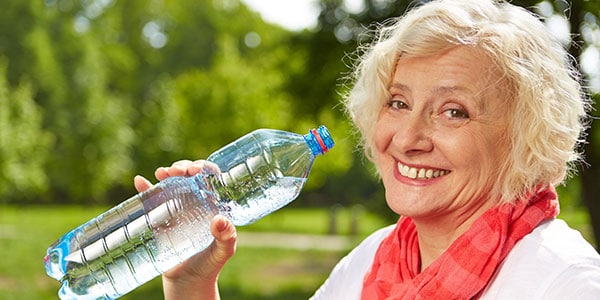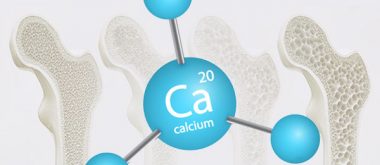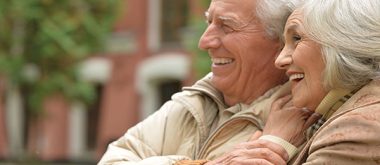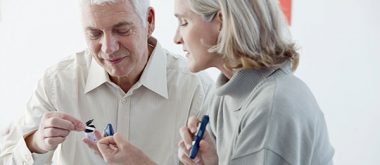Dehydration is common risk at any age when extreme heat or physical exertion are in play, but did you know that seniors are also at the greatest risk of having serious complications as a result of it.
If you’re an elderly person or someone who cares for one, it’s important to be aware of this risk and how to stay on top of hydration to ensure the golden years remain happy and healthy as possible. Many people don’t even think about dehydration because they figure they’ll just drink when they feel thirsty. Unfortunately, by the time a person feels thirsty, the negative effects from being dehydrated are often already setting in.
Dehydration in Seniors: A Common Issue
One study, which examined the health and hydration levels of elderly residents at an inpatient care facility, found that 31 percent of the patients were dehydrated. You might be concerned that the facility itself was to blame, but another study found that 48 percent of older adults who are admitted to the hospital were later found to be dehydrated on top of the other health issues they were dealing with at the time. This shows that this problem is widespread and not limited to elderly people who are relying on others for care.
Why are the elderly so dehydrated? There are a number of different reasons. First of all, it’s important to know that it’s common for younger people to get dehydrated as well. Many people simply aren’t mindful enough of their fluid intake. The elderly are at an even greater risk due to a variety of factors, including:
- Being on more medications, which can sometimes cause side effects that lead to more fluid loss.
- Having weaker kidneys, which leads to more water in the urine.
- Forgetfulness due to the early stages of dementia or Alzheimer’s Disease.
- Lowered sensitivity to feelings of thirst.
- Depression, loneliness or other mood issues that might lead to a lack of interest in self-care.
Signs of a Dehydrated Body: Keeping a Watchful Eye
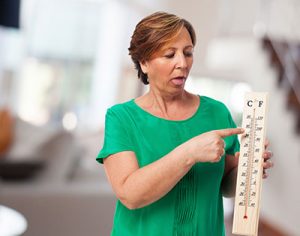
- Headaches or muscle cramps.
- Irritability or depression.
- Dried out lips, eyes or skin.
- Difficulty producing urine or producing very dark, murky urine.
Caring for Yourself or a Dehydrated Senior: How to Turn the Situation Around
You already know that being dehydrated can have serious risks, especially for an aging senior. Low blood pressure, rapid pulse, muscle cramping and even convulsions are all possible as a result of being dehydrated. It can lead to death if left untreated.
It can be difficult for some people to get into the habit of drinking water, but there are major benefits to staying hydrated, such as regular flush of toxin build up, aiding in cognitive function, enhancing the metabolism, maintaining urinary health, better digestive health and maintaining healthy kidney function, to name a few. Elderly people who drink the recommended five glasses of water each day have a lowered risk of heart disease, constipation, accidental falls and even cancer. That said, five glasses a day might not be enough for some people. The typical rule is to take one third of a person’s body weight and drink that many ounces of water each day, but this is very general. Depending on the temperature and humidity in the area you live, the medication regimen and the health of the person, a larger amount of fluids might be required for optimal health. It’s always wise to get a specific recommendation from a medical professional for this reason.
If you’re caring for an elderly loved one who isn’t a fan of water, you can encourage hydration by adding fresh fruit or citrus slices into the water for added flavor, which can make drinking water more pleasant. Also consider serving water-rich meals, such as soups, smoothies, and fresh fruits and vegetables.
